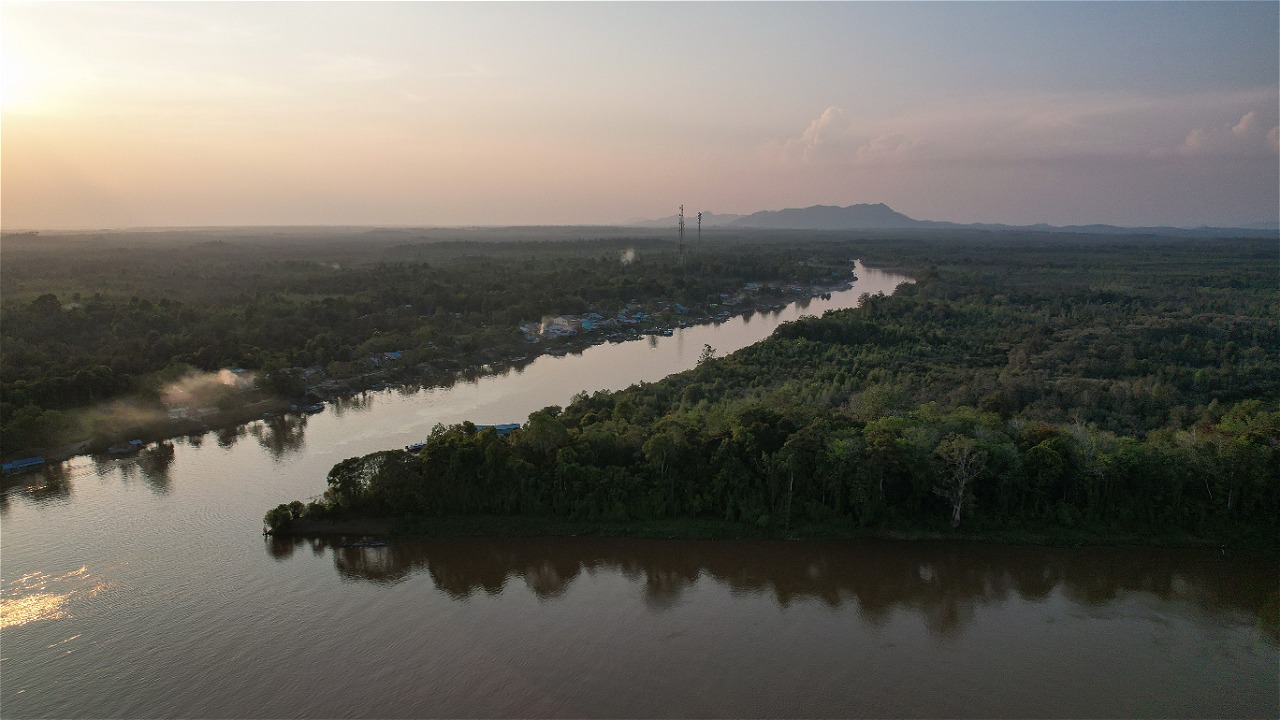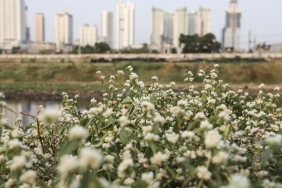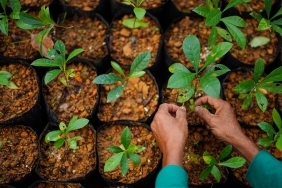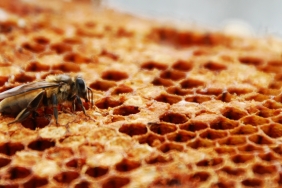SMOG DOES NOT GO AWAY, NEEDS MORE INTENSE HANDLING
JAKARTA - Thick haze still covers Kalimantan. In the past week, air quality in Palangkaraya and Pontianak repeatedly reached levels that endanger health. Data on PM10 particulate concentrations for the city of Palangkaraya on the Meteorology and Geophysics Agency (BMKG) web page, noted that the average PM10 concentration on Monday (28/09) still reached a level that endangers health (463 µg/m3).
"The government needs to carry out more integrated handling together with local governments and community members in an effort to prevent forest and land fires that occur in the Kalimantan region. Most of the hotspots identified are on peatlands and so far the prevention and control efforts on the ground have not been effective," said Arnold Sitompul, Conservation Director of WWF Indonesia. With land and forest fires still occurring in Kalimantan, the Government needs to urgently pursue rain engineering interventions targeted at areas that contribute the most hotspots. Efforts so far using water bombs have proven in the field to be unable to reduce the number of hotspots, many of which are identified on peatlands.
After President Jokowi's visit to South and Central Kalimantan, land and forest fires continue to occur in Kalimantan. To date, teaching and learning activities in Palangkaraya have been closed for at least two weeks. Throughout September 2015, the Central Kalimantan Provincial Health Office recorded at least 15,000 people suffering from ARI as a result of the haze.
Rosenda Chandra Kasih, Central Kalimantan Program Manager of WWF Indonesia said, "This annual occurrence that befalls Central Kalimantan is due to the lack of preparation in anticipating the dry season so far. "The construction of dams, known by local people as penabatan, needs to be done from now on in order to maintain the stability of water content and peat moisture throughout the year. With the peat still containing water, there is less chance of fires in the area. This effort must also be accompanied by the restoration of peat forests in order to restore the function of the water system," he continued.
In addition to dam construction interventions, WWF Indonesia calls for more serious protection of peatlands by reviewing development policies in peat areas. Preventive measures are carried out on an ongoing basis to reduce the potential for the recurrence of forest and land fires in the future. Including throughout the year preparing the ranks of the Regional Government and the community through the formation of community fire care groups.
For more information, please contact:
Rosenda Chandra Kasih, Program Manager Central Kalimantan - WWF Indonesia
E: rkasih@wwf.or.id T: +62-811-529 533
Nenden Fathiastuti, Public Relations Manager - WWF Indonesia
E: nfathiastuti@wwf.or.id T: +62-811-1909 148





